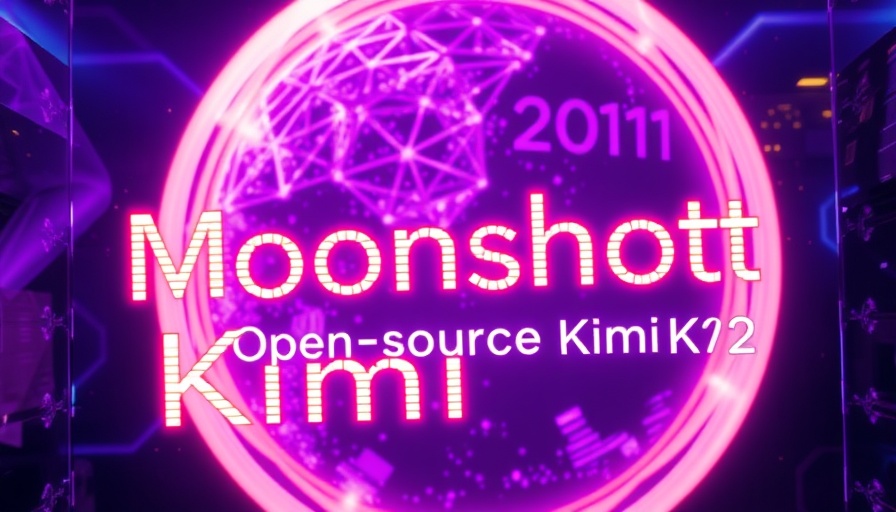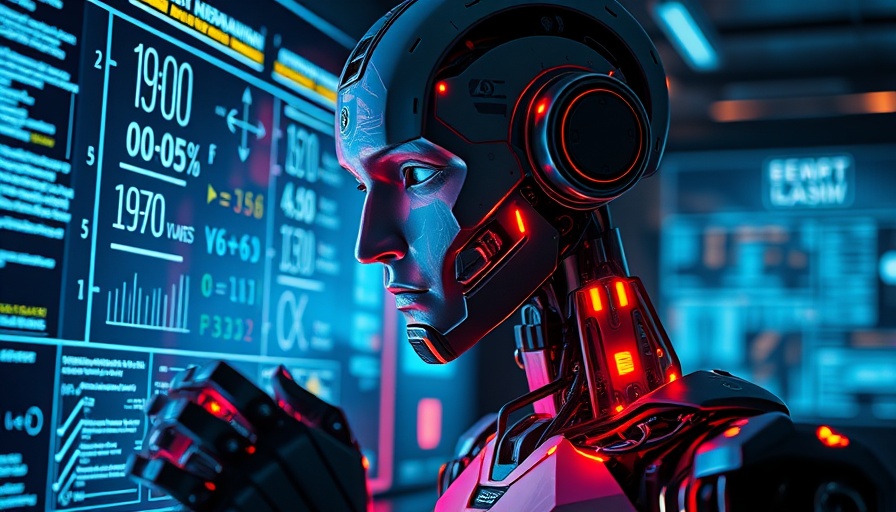
Understanding Agent-to-Agent AI Communication
The landscape of artificial intelligence is evolving rapidly, especially with the introduction of frameworks to enable agent-to-agent (A2A) communication, such as the innovative Deep Agent developed by Abacus AI. Unlike traditional AI systems that struggle to interact and collaborate, this groundbreaking technology allows different AI agents to autonomously work together, completing tasks without the need for specific hardcoded instructions.
In NEW A2A DeepAgent: First-Ever Agent-To-Agent Communication! Automate and Build Anything!, the video discusses groundbreaking advancements in AI communication, which inspired a deeper analysis of its implications for various sectors.
Deep Agent: A Game Changer for AI Collaboration
Deep Agent serves a crucial role in enhancing the capabilities of AI agents, empowering them to discover, learn, and engage with various tools and services online. This shift represents a significant leap in AI technology, allowing real-time task execution and collaboration without the hindrance of pre-defined parameters. Imagine an AI that can browse, identify useful tools, and understand how to utilize them effectively—all while completing intricate tasks like generating mind maps or creating dashboards from platforms like Jira.
Real-World Applications and Benefits
The implications of this technology extend beyond mere automation—this is about creating intelligent, adaptive systems that can operate independently. For businesses, this means enhanced efficiency and effectiveness in operations, as AI tools improve over time and adapt to user requirements. With a subscription cost starting at just $10 a month for access to Deep Agent, it provides remarkable value by offering capabilities for task execution across multiple domains all in one comprehensive package.
Future Perspectives: The Evolution of AI
As AI tools like Deep Agent become more mainstream, we can expect notable improvements in customer experience, healthcare services, and overall business operations. The ability for AI agents to communicate and collaborate autonomously suggests a future where businesses can rely on these sophisticated systems to handle complex projects with minimal human intervention. This approach allows human professionals to focus on higher-level tasks and strategy, ultimately enhancing productivity.
The Ethical Landscape of AI Tools
However, with great power comes great responsibility. Understanding the ethical implications of these technologies is critical. Considerations around how AI impacts human rights, privacy, and ensuring ethical use must be at the forefront of discussions as we adopt these advancements. Transparency in AI operations and maintaining user trust will be paramount as these systems become integral to our daily lives.
To explore these advancements and understand how they can benefit your organization, consider subscribing to relevant resources and newsletters. Keeping yourself informed of the latest developments in AI ensures you won't be left behind in this fast-paced technological era.
 Add Row
Add Row  Add
Add 




 Add Row
Add Row  Add
Add 



Write A Comment